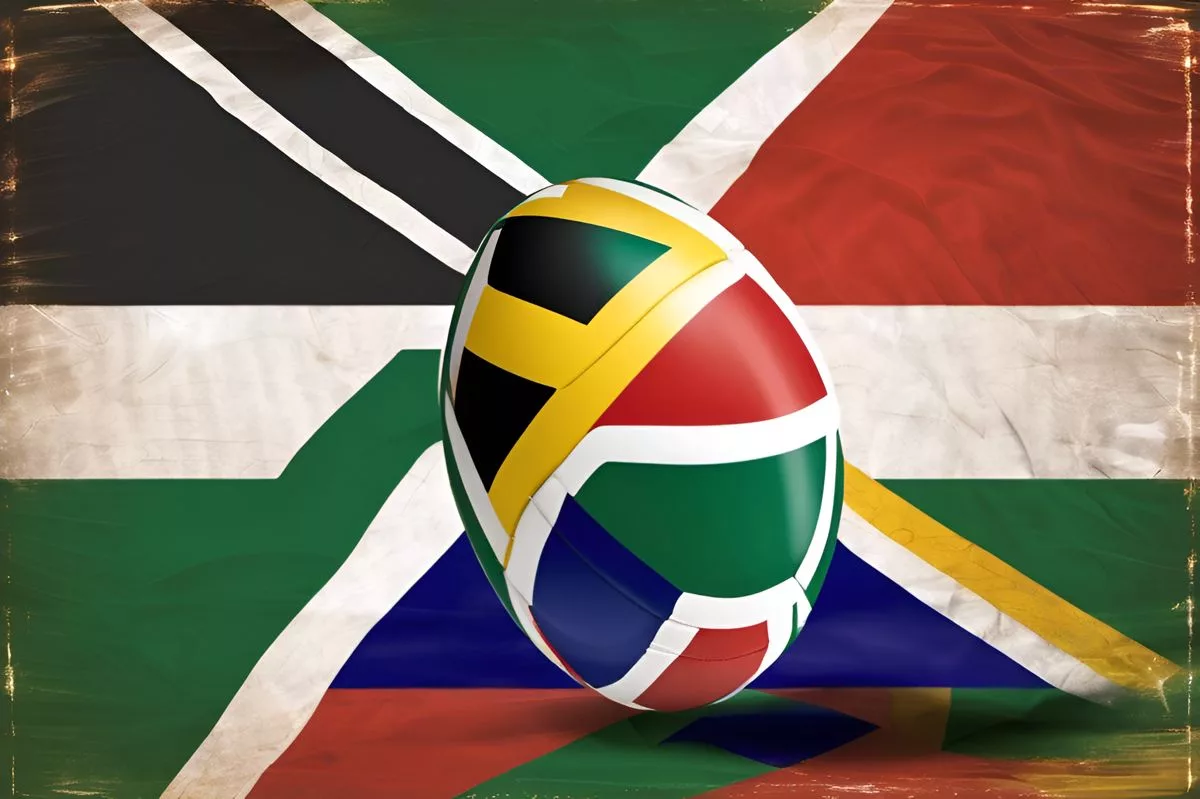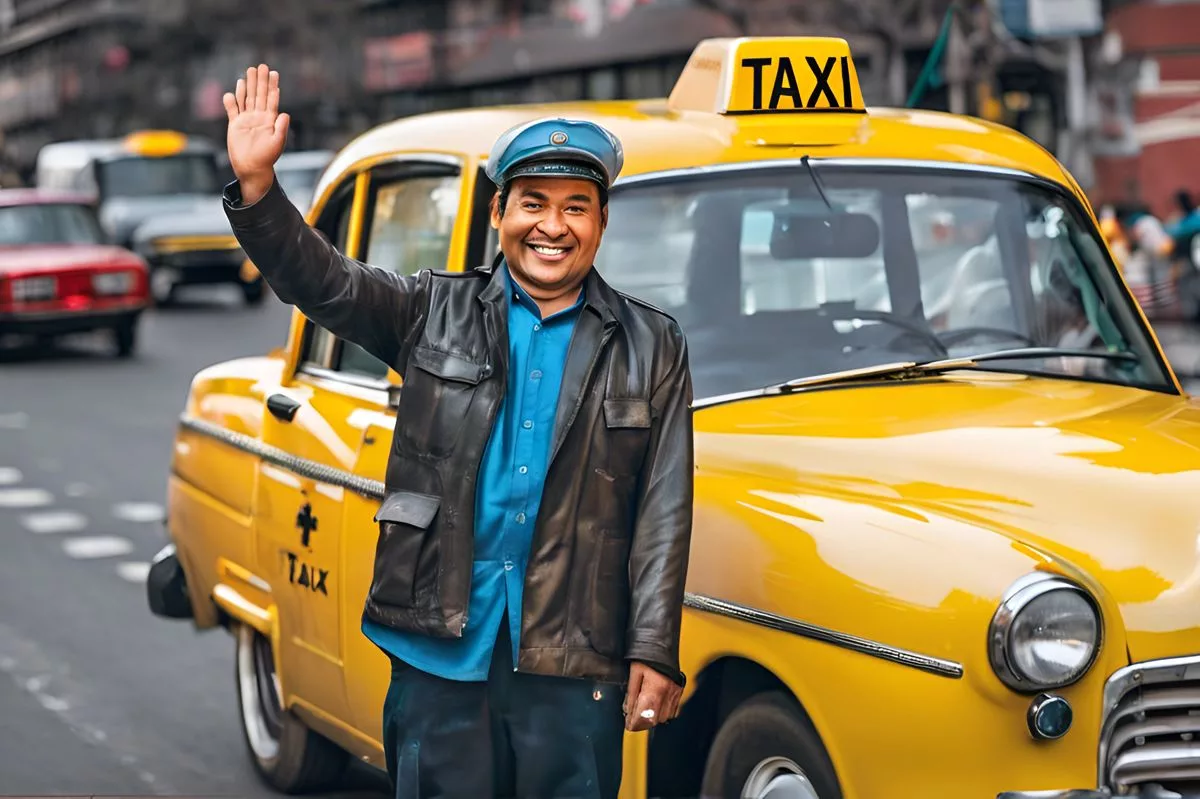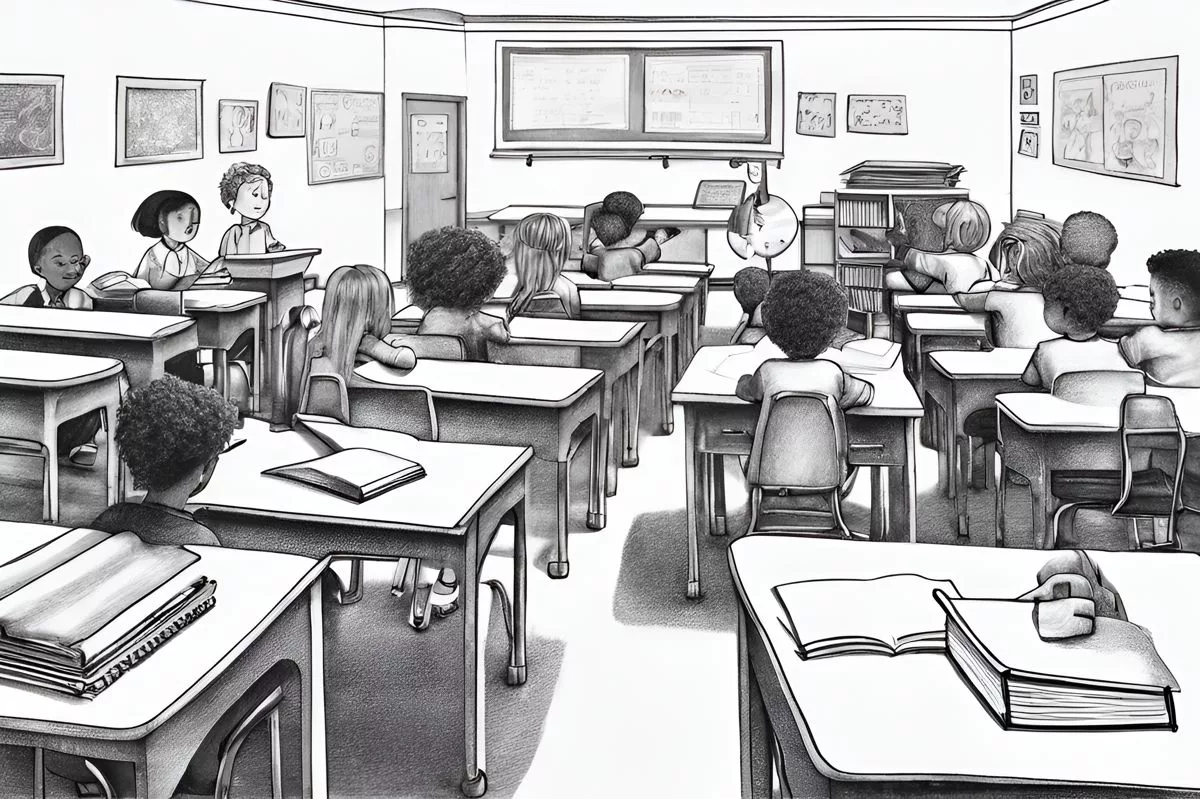Rugby has had a significant impact on promoting national unity and identity in South Africa, cutting across societal boundaries and instilling a victory mentality in the people. The sport also acts as a ray of hope for the youth, illustrating that anyone can climb to national recognition, regardless of their humble beginnings. While South African rugby currently boasts a record number of World Cup victories and top-tier players, there still exists a need to improve accessibility in township and rural areas, as well as the advancement of women’s rugby.
How has rugby influenced unity and identity in South Africa?
Rugby has played a pivotal role in promoting national unity and identity in South Africa. It cuts across ethnic, racial, and societal boundaries, bringing together varied communities under a common banner of representation and passion for the sport. Rugby also instills a victory mentality in the people, motivating generations to strive for greatness. Furthermore, it acts as a ray of hope for the youth, illustrating that anyone can climb to national recognition regardless of their humble beginnings.
Rugby: A Cornerstone of Unity and Nationhood
During the South African Rugby Awards held at Multichoice City on March 14, 2024, the South African Minister, N.G Kodwa, expressed admiration for the pivotal part rugby plays in promoting national unity and identity. As the nation marks thirty years of democracy, rugby has emerged as a strong emblem of the nation’s integration. This cherished sport cuts across ethnic, racial, and societal boundaries.
Rugby has a history of fostering unity within South Africa. This was evident when the Springbok’s triumphed in the 1995 Rugby World Cup. Francois Pienaar, the captain at that time, stated that their performance wasn’t only for the 60,000 spectators present at Ellis Park but for the entire population of 43 million. This sentiment resonated with former President Nelson Mandela’s unifying message. Mandela cleverly utilized the Springboks and the Rugby World Cup as a way of uniting South Africans under a common victory.
In recent times, rugby’s power to unify was again demonstrated. The Springboks’ record fourth Rugby World Cup victory in successive years emphasized that they were playing for all 60 million South Africans. This highlighted the deeply ingrained passion for the sport among South Africans, making it a focal point for social events and community engagements.
The Multidimensional Role of Rugby in Democracy
Rugby’s impact on the nation’s democracy is manifold. Firstly, it brings together varied communities, each with their unique life experiences, under a common banner of representation and passion for the sport. The shared triumph in the 2019 Rugby World Cup encapsulated this feeling. The team captain, Siya Kolisi, used this victory to motivate South Africans to surmount adversity.
Rugby also instills a victory mentality in the people, motivating generations to strive for greatness. This inspiration is evident in the stories of a young Faf de Klerk meeting his rugby idol, Joost van der Westhuizen, and a young Siya Kolisi meeting Schalk Burger.
Furthermore, rugby acts as a ray of hope for the youth, illustrating that anyone can climb to national recognition, regardless of their humble beginnings. The euphoria surrounding the Springboks Rugby World Cup trophy tour last year further cemented South Africans’ deep admiration for their rugby players and the sport.
Rugby also commands an enormous following at all levels, from grassroots to the top leagues. The enthusiasm for the sport is tangible in the electrifying atmosphere of the packed stadiums where premier rugby matches take place.
Finally, South African rugby attests to the country’s sporting prowess. With a record number of World Cup victories and players sought after worldwide, the nation boasts a plethora of top-tier coaches, referees, and rugby administrators.
The Future Path of South African Rugby
While the spirit surrounding South African Rugby is currently buoyant, Minister Kodwa maintains that certain areas still need improvement. For instance, the advancement of women’s rugby in the country deserves more attention. He also stressed the need to make rugby more accessible in township and rural areas. The goal is to discover hidden talents, similar to Kurt-Lee Arendse, Canan Moodie, and Grant Williams, waiting to be unearthed in these communities.
Additionally, hosting high-profile games in stadiums like Orlando Stadium, Mbombela, Polokwane, and Gqeberha would satisfy the desire for major rugby games in these communities. This would affirm rugby’s unifying power that bridges societal divisions.
In his concluding remarks, Minister Kodwa urged other sports federations in the country to follow SA Rugby’s winning culture and its excellent practices in management and technical leadership. He ended by congratulating all the winners, reminding them that they symbolize not only the cream of South African rugby but also the dreams and aspirations of the nation through sport.
What role did the Springboks’ 1995 Rugby World Cup triumph play in promoting unity in South Africa?
The Springboks’ 1995 Rugby World Cup triumph played a significant role in promoting unity in South Africa. The team’s performance was not just for the 60,000 spectators present at Ellis Park but for the entire population of 43 million. This sentiment resonated with former President Nelson Mandela’s unifying message, utilizing the Springboks and the Rugby World Cup as a way to bring together South Africans under a common victory.
How has rugby impacted South Africa’s democracy?
Rugby has had a multidimensional impact on South Africa’s democracy. Firstly, it brings together varied communities, each with their unique life experiences, under a common banner of representation and passion for the sport. Rugby also instills a victory mentality in the people, motivating generations to strive for greatness. Furthermore, rugby acts as a ray of hope for the youth, illustrating that anyone can climb to national recognition, regardless of their humble beginnings.
What improvements are needed in South African rugby?
While South African rugby is currently buoyant, there still exists a need to improve accessibility in township and rural areas. The advancement of women’s rugby in the country also deserves more attention. The goal is to discover hidden talents waiting to be unearthed in these communities. Additionally, hosting high-profile games in stadiums in these communities would affirm rugby’s unifying power that bridges societal divisions.
How has rugby influenced the youth in South Africa?
Rugby has acted as a ray of hope for the youth in South Africa, illustrating that anyone can climb to national recognition, regardless of their humble beginnings. The sport serves as an inspiration to young South Africans, motivating them to strive for greatness.
What is the impact of rugby on South Africa’s sporting prowess?
South African rugby attests to the country’s sporting prowess, with a record number of World Cup victories and players sought after worldwide. The nation boasts a plethora of top-tier coaches, referees, and rugby administrators.
How has rugby brought together different communities in South Africa?
Rugby has played a pivotal role in promoting national unity and identity in South Africa. The sport cuts across ethnic, racial, and societal boundaries, bringing together varied communities under a common banner of representation and passion for the sport.












